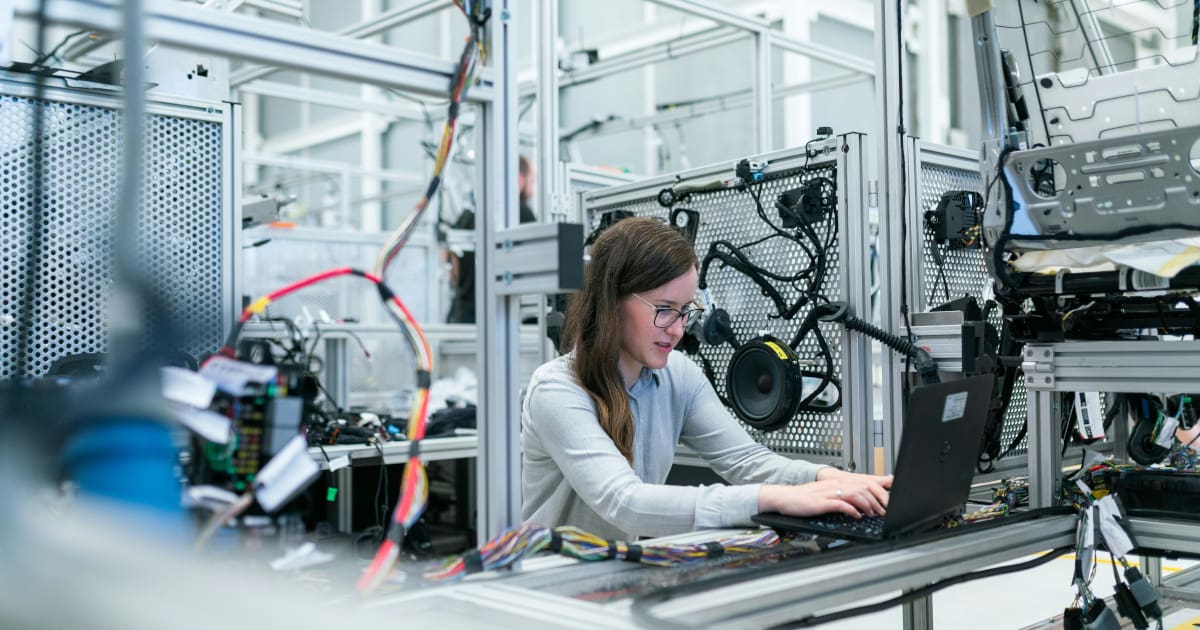
Steakholder Foods (NASDAQ: STKH), a player in the alternative protein and 3D food printing sectors, has made significant strides in its transition from research and development to commercialization, according to a new report by PESG Research. The report details the company’s strategic moves in 2024 that have positioned it for potential growth in a rapidly expanding market.
The company has secured several strategic partnerships that validate its proprietary technology and commercial potential. A key agreement with Wyler Farm involves the purchase of Steakholder Foods’ MX200 meat printer and SH™-Beef premix blends, along with provisions for royalties and raw materials supply. This partnership is expected to enable large-scale production of alternative proteins.
Steakholder Foods has also expanded its international reach through collaborations with the Industrial Technology Research Institute (ITRI) in Taiwan and regional partnerships in the Gulf Cooperation Council (GCC). The GCC partnership, focused on supporting local food security initiatives, includes plans for a pilot facility for hybrid-cultivated fish production, demonstrating the company’s ability to scale in new markets.
These strategic moves have begun to yield tangible results, with initial purchase orders marking the company’s entry into revenue generation. Bondor Foods placed an order for plant-based premixes for white fish and salmon patties, while Wyler Farm ordered SH™-Beef premix for a new line of plant-based meat products. These orders represent a crucial proof of concept for Steakholder Foods’ business model.
To further attract clients and partners, the company has opened a state-of-the-art Demonstration Center in Israel. This facility showcases live demonstrations of its MX200 and HD144 3D printers, allowing potential partners to witness the production of plant-based meat and seafood alternatives in real-time.
The PESG report places Steakholder Foods’ developments within the context of a booming alternative protein market, projected to grow from $76.3 billion in 2023 to $423 billion by 2033. Additionally, the 3D food printing market is expected to expand from USD 34.7 million in 2019 to USD 1,015.4 million by 2027. These projections suggest significant potential for companies like Steakholder Foods that are at the intersection of these growing sectors.
The company’s proprietary 3D printing technology and strategic partnerships position it to potentially capture a share of this growing demand. Steakholder Foods has indicated that it is in advanced discussions for a high-impact international agreement expected to close by early 2025, which could further solidify its position in the alternative protein sector.
As the alternative protein market continues to gain momentum, driven by consumer interest in sustainable and health-conscious food options, Steakholder Foods’ transition to commercialization comes at a critical time. The company’s ability to generate recurring revenues and manage costs will be crucial factors in its potential success in this competitive and rapidly evolving industry.
The developments outlined in the PESG report suggest that Steakholder Foods is making significant progress in its commercialization efforts. However, as with any emerging industry, there are inherent risks and uncertainties. The company’s future success will depend on its ability to execute its business strategy, scale production, and meet evolving consumer demands in the alternative protein market.

This news story relied on a press release distributed by News Direct. Blockchain Registration, Verification & Enhancement provided by NewsRamp™. The source URL for this press release is Steakholder Foods Transitions to Commercialization in Alternative Protein Market.